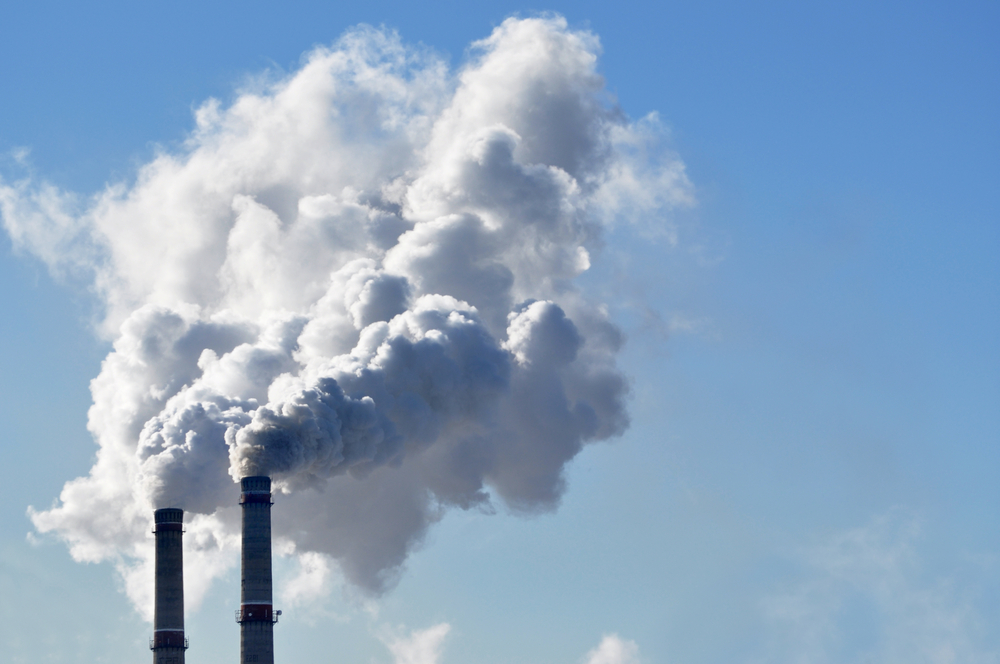
WINNIPEG — Canada has set a new greenhouse gas emission reduction target as it prepares for international talks later this year, but critics say the goal is the weakest among G-7 countries.
Environment Minister Leona Aglukkaq said Friday that Canada proposes to cut emissions to 30 per cent below 2005 levels by 2030 — a target she called “fair and ambitious.”
Speaking in Winnipeg, Aglukkaq promised to introduce new regulations on methane emissions produced by the oil and gas industry. There will also be new rules for natural gas-fired power generation and for the chemical and nitrogen fertilizer industries.
“This target is… an ambitious commitment based on our national circumstances, which include a growing population, a diversified, growing economy and Canada’s position as a world leader in clean electricity generation.”
The target is slightly weaker than that of the United States, which has pledged to cut its greenhouse emissions by up to 28 per cent from 2005 levels by 2025.
Canada, the U.S. and other countries are taking their targets to a United Nations conference later this year in Paris, where a new international emissions regime is to be negotiated.
Environmental groups said Canada’s target is anything but ambitious.
“The European Union, already with per-capita emissions well below Canada’s, has a 40 per cent reduction target for 2030 — almost three times greater than Canada’s,” the group Environmental Defence said in a statement.
“To keep our people, communities and economy safe requires that Canada join the global community in making deep cuts to carbon pollution by shifting away from burning coal, oil and gas,” read a statement from the Climate Action Network.
The federal environment critic for the NDP, Megan Leslie, said the plan to regulate methane emissions in the energy sector does not go far enough.
“If we’re going to see a reduction in greenhouse gas emissions, we need a hard cap on emissions in the oil and gas sector,” she said in Ottawa.
Canada might also buy international credits to meet its targets — something that would be a change from long-standing policy. That system would see Canada get deductions from its counted emissions by investing in environmentally friendly projects in other countries.
The documents submitted by the federal government to the UN say “Canada may use international mechanisms to achieve its 2030 target.” Aglukkaq refused to clarify the matter.
“Thank you for coming. Today’s announcement is about the 30 per cent reduction,” she said in declining to answer a reporter’s question on the issue.
Whether Canada will even be able to meet its new targets is an open question.
Despite a previous promise to cut emissions 17 per cent below 2005 levels by 2020, Environment Canada reported last month that national greenhouse gas emissions rose between 2012 and 2013 to 726 megatonnes, the fourth consecutive annual increase.
Even if the target is met, it might not be enough.
The Intergovernmental Panel on Climate Change, the world’s chief scientific body on the issue, has said that worldwide greenhouse gas emissions must be cut by between 25 and 40 per cent below 1990 levels by 2020 if the world wants to avoid the worst implications of global warming.